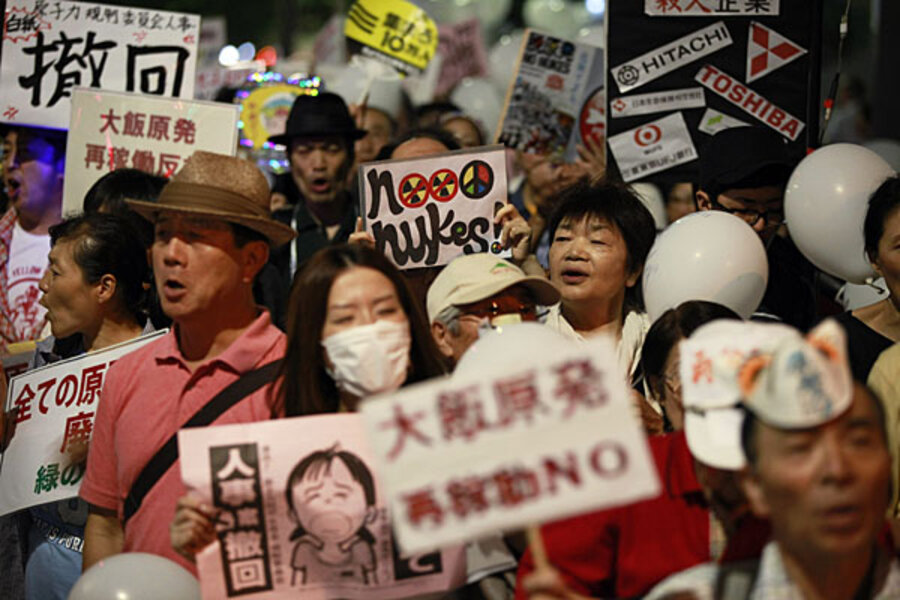A nuclear-free Japan? It could happen.
Loading...
Despite concerns that switching to renewable energy sources will prove too expensive for his country, Japanese Prime Minister Yoshihiko Noda has said during a political debate among party leadership candidates that he will take into account his party’s recommendation to phase out nuclear power by the 2030s; news reports suggest that the prime minister’s Cabinet already has an official policy agreement in place.
Expected to be put into political action by the end of this week, Japan’s new energy policy will see it gradually move away from nuclear power — a monumental shift for a resource-poor nation that has long relied on nuclear energy to keep its citizens supplied with electricity. The policy will include a 40-year cap on maximum reactor lifespans, an immediate halt on the planning and construction of new reactors and a strong focus on renewable energy sources and conservation efforts.
“There could be different views about how we can achieve that goal, and by factoring those into consideration our party last week proposed we should aim for a nuclear-free society. I must take this seriously,” said Noda during the debate.
With a loss of public trust in the government’s ability to safely generate nuclear energy in the wake of 2010′s Fukushima Dai-ichi nuclear plant disaster following a massive earthquake and tsunami, the Japanese government has been under intense pressure to find solutions to the country’s energy crisis. With only two of its 50 available reactors currently online and public pressure growing to shut even those two remaining reactors down, Japan requires an immediate investment into its energy-producing sector if it hopes to continue to meet consumer demand for electricity with reduced use of nuclear technologies.





